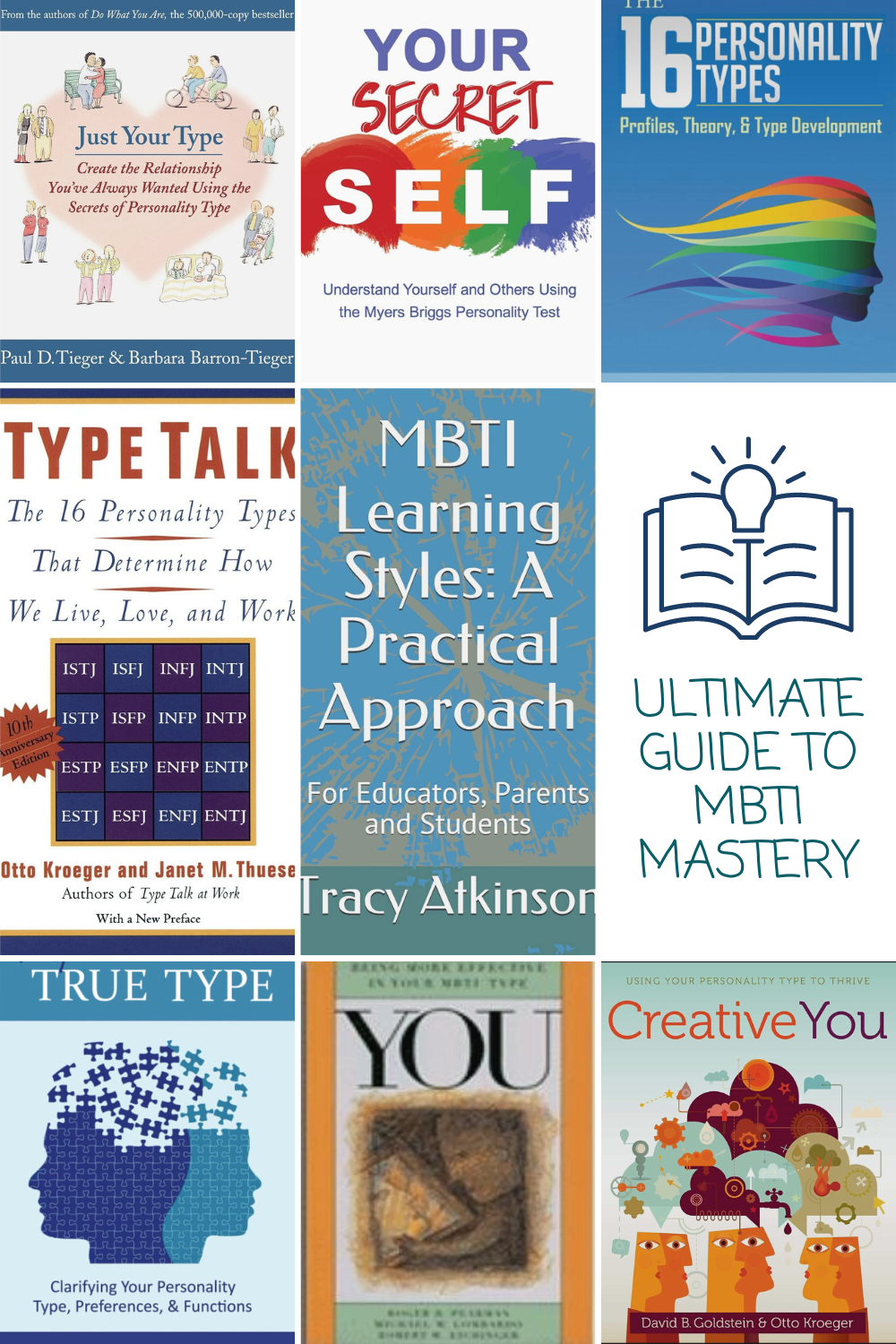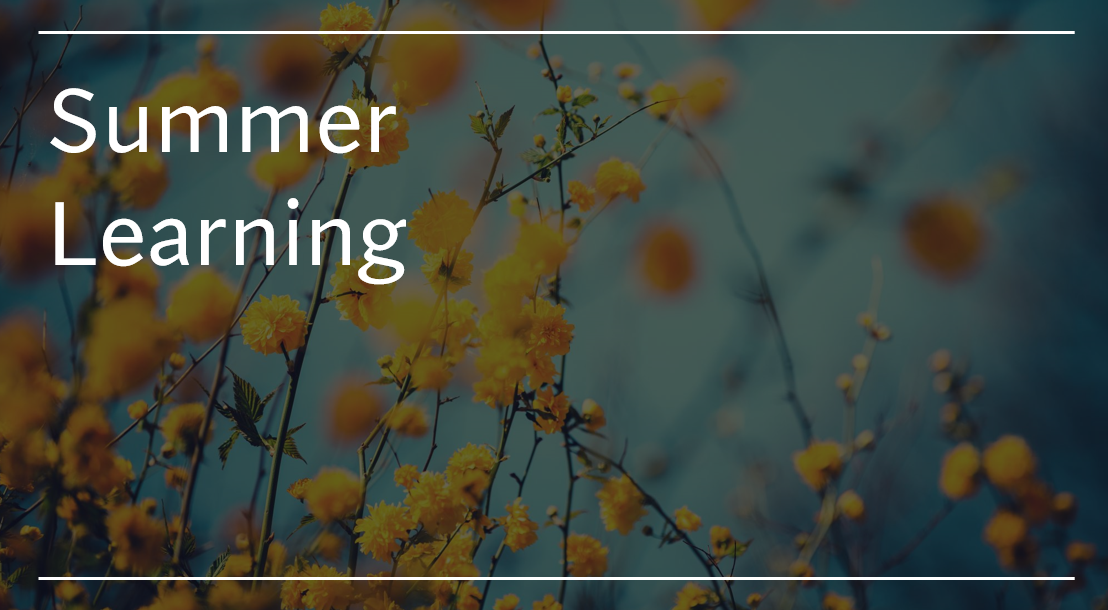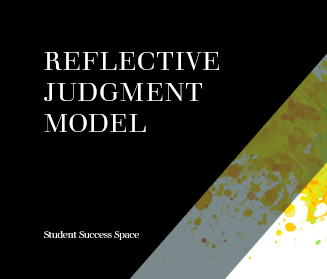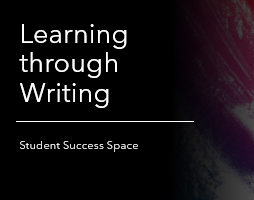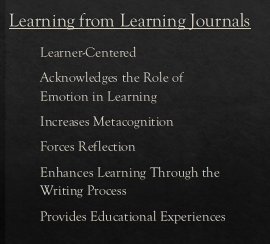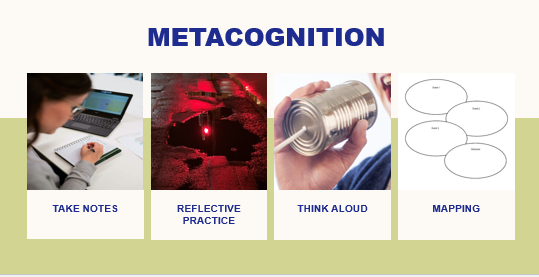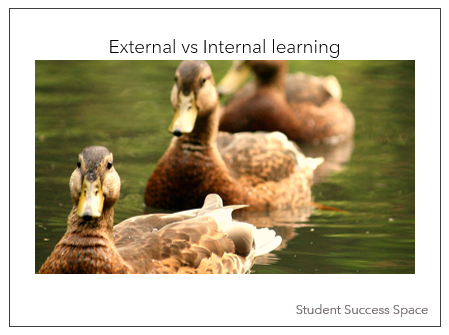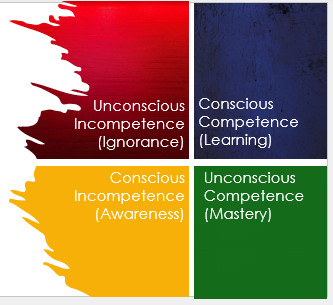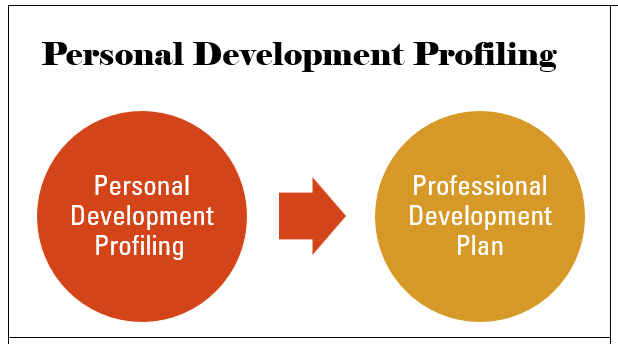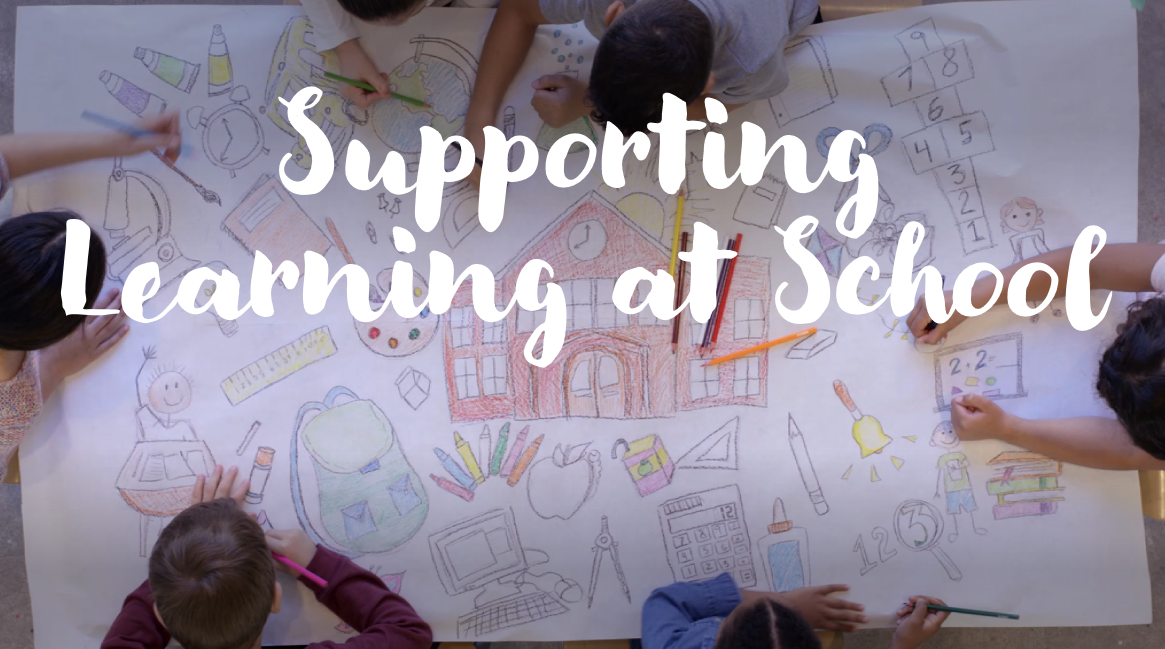Discover the Ultimate Guide to MBTI Mastery: Dive into top books for profound insights into personality types and practical applications.
Did you know that students will lose between 17% and 34% of the knowledge and learning gained in the school year during the summer break?
In 1994, King and Kitchener developed the Reflective Judgment Model to examine how individuals arrive at conclusions and approach problems. Their model has seven different stages to describe the process.
Learning through Writing
How does learning occur through writing? What are some of the benefits?
learning gained through the learning journal and implementing the reflective practice have greater returns on investment than the passive learning that occurs within the classroom.
Metacognition is simply stated as an awareness of how one thinks, or the ability to understand one’s thought processes. Basically, it is a self-awareness, being perceptive of one’s thinking processes.
External learning can be seen while internal learning occurs beneath the surface - inside the individual.
The Four Levels of Competence is an easy to use methodology to guide learners through learning stages to master a topic. Moving through:
Unconscious Incompetence
Conscious Incompetence
Unconscious Competence
Conscious Competence
What is personal development profiling? It is simply a personal development plan.
Learning does not primarily occur at school. Learning must be supported at home. Acquire the tips to make learning at home successful.
